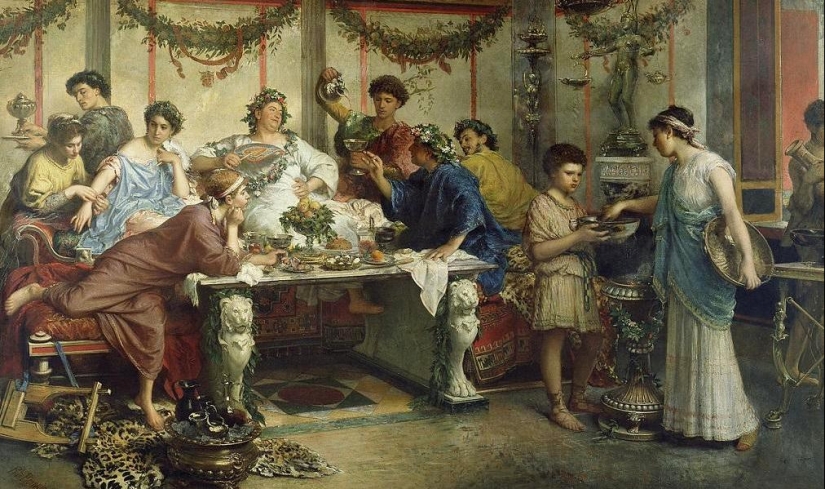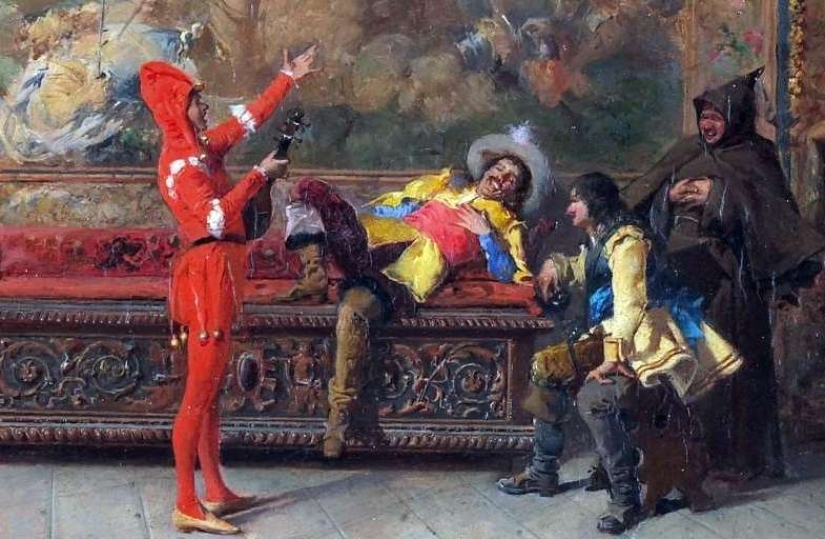What is the oldest male profession and why its name has become an offensive word
Everyone knows which female profession is considered the oldest. At the same time, not everyone knows about the oldest men's. It is not associated with intimate services, as you might think. It was called ... "parasite" and it was from her that the well-known curse word "parasite" came from, denoting a parasite.

The word "parasite" is translated from Greek as "companion". So in ancient Greece they called people who entertained guests at a feast. They had to be able to hold conversations on a variety of topics, from military to philosophical. Reclining at the table, as was customary in antiquity, the parasite could talk for hours over a glass of wine about the meaning of life, recite poetry, tell city gossip, fables and anecdotes.

It was not an easy profession. Only a well-educated person with a loose tongue could become successful in it. Skilled parasites were in great demand. They were treated with respect, made gifts and, of course, well fed. The professionals had a very tight schedule and were invited to share a meal almost every day.
Any person, not necessarily free, could become a parasite. There are many cases when slaves were engaged in this business. The legendary Aesop began his career as a fabulist precisely as a parasitic. The noble Greeks vied with each other to call the lame and ugly slave to the table, admiring his stories.

A little later, this experience was adopted from the Greeks by the Romans. But their requirements for parasites were no longer so strict. The citizens of Rome had little interest in philosophical chatter. The task of the parasites at the feast was to flatter the hosts and praise their house in every possible way. Also in the course were witticisms and jokes, often vulgar.
So the once respected profession degraded. It was then that the word "parasite" acquired its modern negative connotation. Roman playwrights began to show parasites in performances as comic characters. They were importunate, greedy and flattering lovers of freebies.

Some historians believe that it was the parasites who were the forerunners of the jesters. They also lived with the master, entertained him and the guests with their chatter and antics, suffered slaps in the face and humiliation.
Recent articles

There are dolls very similar to living people. And there are so realistic that their appearance can only be explained by magic. ...

Japan is deservedly considered one of the safest countries in the world. Even organized crime there has a "human face" ...

Famous British photographer Bob Carlos Clarke was born in an Irish corps in 1950. In 1969 he moved to England to study art and ...